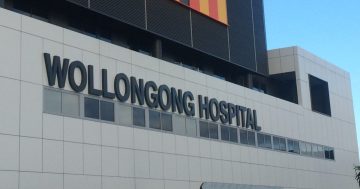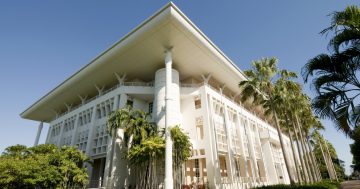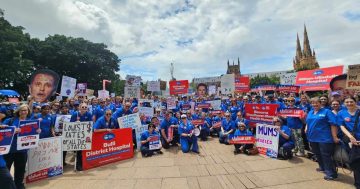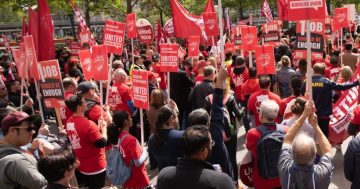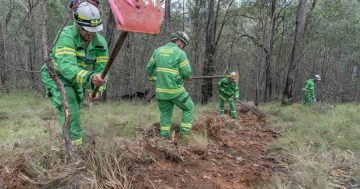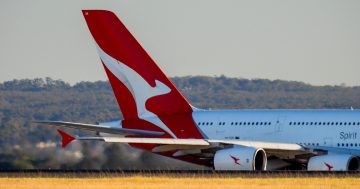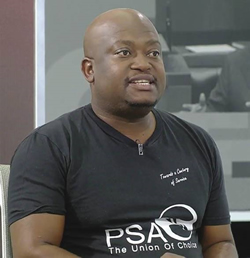 With negotiations over pay and conditions stalled, South Africa’s public sector unions have begun balloting members on industrial action.
With negotiations over pay and conditions stalled, South Africa’s public sector unions have begun balloting members on industrial action.
Negotiations for a new deal for the nation’s 1.3 million Public Servants broke down on 12 August.
An all-out strike would shut public amenities such as hospitals, schools and police stations.
Unions have amended their demand for a 10 per cent increase down to 6.5 per cent however, the Government rejected this as unaffordable.
In its initial response, the Government tabled a 1.5 per cent increase, which is ordinarily awarded to Public Servants for their years of service and is factored in every year.
As a sweetener, it added an after-tax cash gratuity (or bonus) of R1,000 ($A85.21) a month.
It later offered increasing the ‘pay progression’ rate from 1.5 per cent to three per cent, as long as it could embark on a range of initiatives that would keep the amount it spends to remunerate Public Servants from growing.
This would include introducing early retirements and voluntary redundancies.
General Manager of the Public Service Association, Reuben Maleka (pictured) said unions were sticking to their demand for an increase that came close to the consumer inflation rate of 7.4 per cent.
A major strike in the public sector last occurred in 2010 and paralysed schools and hospitals for 20 days.
That strike turned violent with Public Servants blocking hospital entrances and disrupting surgery in operating theatres.
Non-striking workers were assaulted, and police quelled rioters with tear gas, rubber bullets and water cannon.
Pretoria, 19 August 2022


